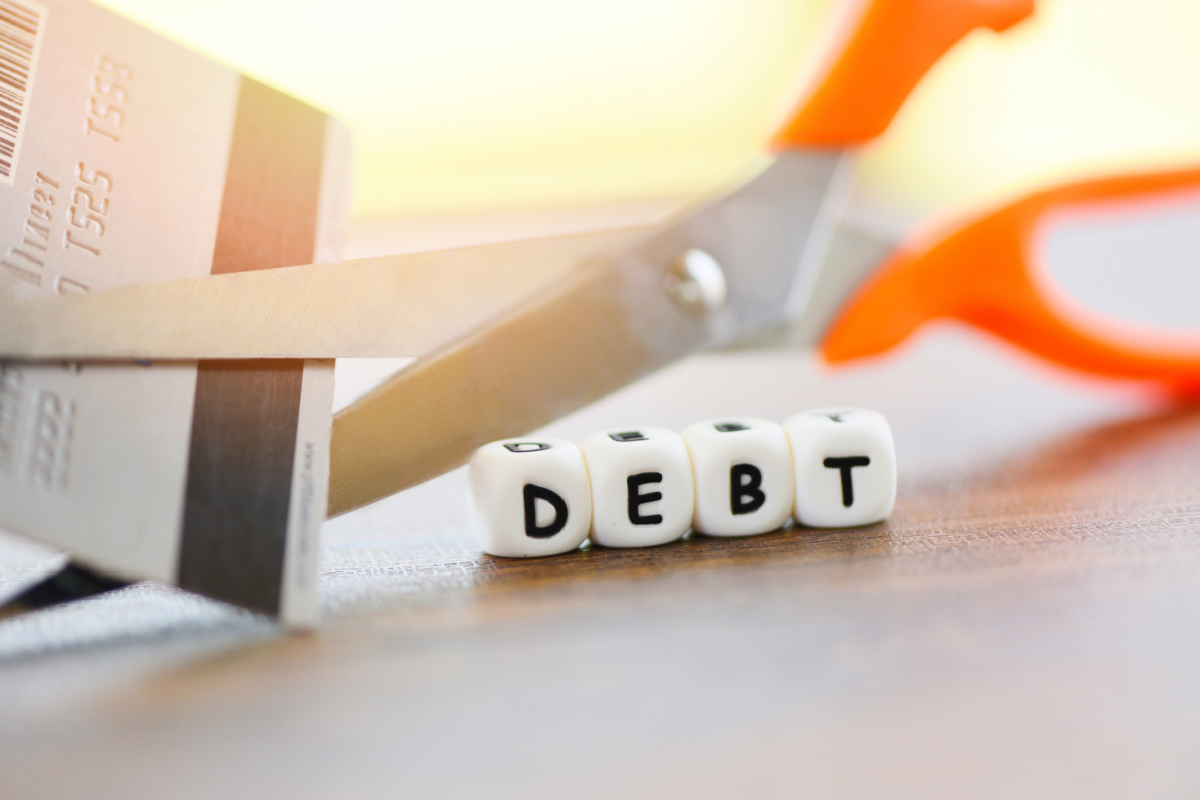One common question we often receive from our clients is how long does a bankruptcy stay on a credit report? The answer depends upon which chapter of bankruptcy a debtor files. A Chapter 7 bankruptcy typically falls off a credit report within ten years, while a Chapter 13 bankruptcy is generally removed from a credit report within seven years. The period for which a bankruptcy remains on a credit report is measured not from the date of discharge, but rather from the date of filing. Furthermore, the Fair Credit Reporting Act (15 U.S.C. § 1681) requires that a bankruptcy filing must be removed from a credit report after ten years from filing. The credit reporting bureaus are liable for any negligent noncompliance with the Fair Credit Reporting Act. A debtor can recover actual damages for any financial harm they received due to such noncompliance, plus the costs of filing the action along with reasonable attorney’s fees.
Rebuilding Credit Post-Bankruptcy
As long as a bankruptcy filing remains on your credit reports, it may impact your credit score, but any negative impact will lessen over time until the bankruptcy is eventually removed. Remember, a credit score is often relative. While this may seem counter-intuitive, typically a credit score will improve significantly post-bankruptcy. Many debtors who are considering bankruptcy, already have shaky to poor credit that has most likely resulted from late or delinquent payments, credit lines that have been maxed out, and making minimum payments. Our clients typically see an increase in credit score of approximately 100 to 150 points within a year after discharge.
We have many clients who have successfully rebuilt their credit post-bankruptcy and have their scores in the 600-700+ range within 12 to 24 months of their bankruptcy filing. Contrary to some misinformation found online, having a bankruptcy on one’s credit report does not completely prevent a debtor from obtaining credit post-bankruptcy. In fact, there are lenders who specialize in providing credit post-bankruptcy. Many of our clients have received pre-approved, unsecured credit cards shortly after obtaining their discharge. These cards commonly have a low credit limit and a high interest rate. However, these cards should only be used for small purchases, and their balances should be paid in full every month. This way there is low credit utilization and the high interest rates never come into play. The debtor then receives positive credit actions that are reflected on their credit report. Better credit cards can be obtained later once the debtor’s credit has improved.
Using credit wisely post-bankruptcy can significantly boost one’s credit score. As a debtor’s credit score improves, debtors may qualify for auto loans (typically shortly after a bankruptcy case closes), FHA mortgage loans (typically two years post-bankruptcy), and conventional mortgage loans (typically four years post-bankruptcy).
Can You Remove Bankruptcy from Your Credit Report?
While consumers do have the right to dispute any inaccuracy with the credit bureaus that have been compiled on a credit report, there is no legal way to remove an accurate record of bankruptcy from a credit report. Accordingly, please do not trust any individual or credit repair company that says it will remove a recent, but accurate report of bankruptcy from a credit report. Examples of bankruptcies that may be removed from a credit report include the following: (1) a bankruptcy that the consumer did not file, or (2) a bankruptcy that is listed on a credit report after ten years from the date of filing.
Contact the Law Offices of David I. Pankin, P.C.
At the Law Offices of David I. Pankin, P.C. we have over 28 years of experience helping debtors obtain a fresh financial start. If you have any questions about bankruptcy or how it can help you rebuild your credit, please contact our office at (888) 529-9600 to schedule a free consultation. You may also contact our office via our easy online contact form.






